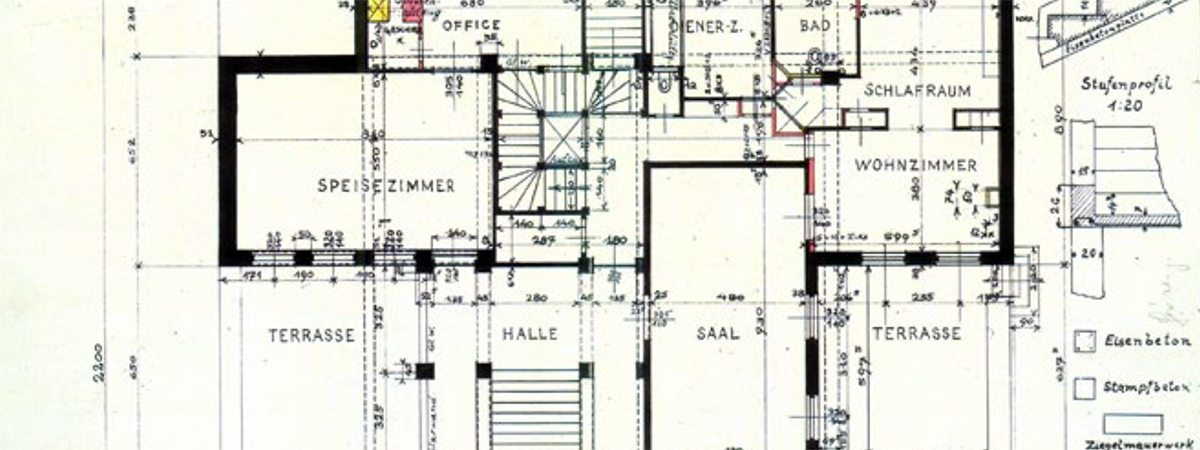arche-tecton

There is a passage in the third chapter of Toril Moi’s Revolution of the Ordinary: Literary Studies after Wittgeinstein, Austin, and Cavell that drew my eye:
In many cases, then it is useless to spend time and energy trying to produce a sharp concept. To avoid meaningless work, we need to understand the situation we are dealing with. If I want to take a picture of you in front of the Eiffel Tower, surely “stand roughly there” is all I need to say. I could get out the satellite navigation system and geocode your position, but unless there is some reason why I must take a picture of you on an exact spot defined by longitude and latitude, it would be pointless to go to so much trouble. (73)
This follows a section supporting a Wittgensteinian antipathy to unnecessary hair-splitting (after a particularly deprecating account of Derrida’s aversion to either prevarication or periphrasis – I wasn’t paying particularly close attention, so I cannot quite recall). 1 Moi takes the opportunity to observe that Wittgenstein trained as an engineer, which I believe was intended to provide credentials for his attention to precise meaning/details/concepts as opposed to general ones – that is, his ability to engage in a sharp focus rather than a blurry (or merely evocative) one.
This led me to think of the house that Wittgenstein collaborated in designing for his sister in Vienna, 2 and the philosopher’s command, when construction was nearly complete, for the builders to raise the ceiling by 3 cm to match the proportions he desired. I remember reading about the incident somewhere that compared the privileged dilettante-ism that could make such a demand with the necessary bowing to cost and material reality that would characterize someone who had to make such choices on a regular basis (i.e. a professional, such as Adolf Loos or Paul Engelmann).
That is all by the way. What I meant to say is that, if one wants to take a picture of an acquaintance in front of the Eiffel Tower, 3 ‘stand roughly there’ would certainly be sufficient guidance – if one happens to be at all near the structure in question. This is a rather big assumption to make for grounding the example. What if one happens to be in Las Vegas? Would a photograph before an ersatz tour Eiffel have the same meaning? Would it matter? 4
- NB, my (mis)characterization here is, as you will have guessed, ὦ σοφώτατε σύ, wryly ironical.[↩]
- It had beautiful radiators, but appears not to have been entirely home-like; indeed, one of Wittgenstein’s sisters (not the one for whom the house was built) said: ‘It seemed indeed to be much more a dwelling for the gods than for a small mortal like me, and at first I even had to overcome a faint inner opposition to this “house embodied logic” as I called it, to this perfection and monumentality.’[↩]
- Although why one should wish to do so escapes my understanding.[↩]
- I am not actually disagreeing with Moi. This is just the sort of whimsical nonsense that always springs up while I am reading.[↩]
